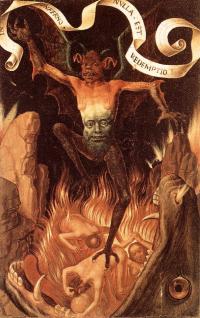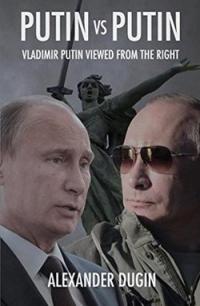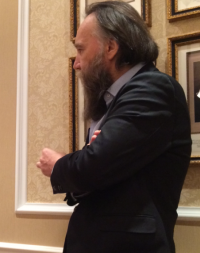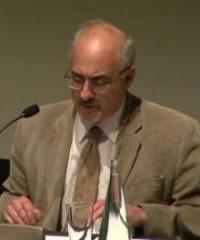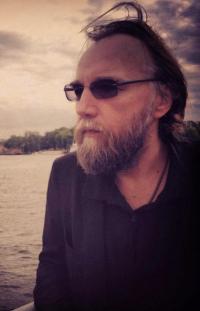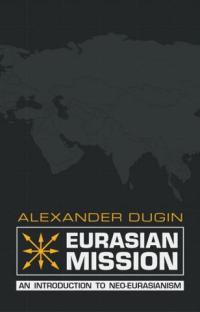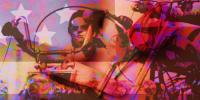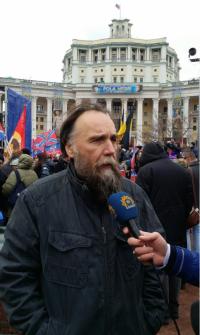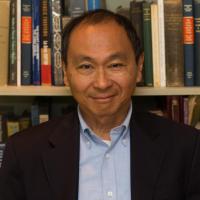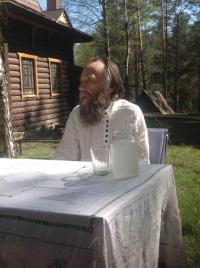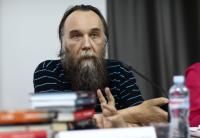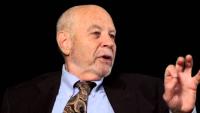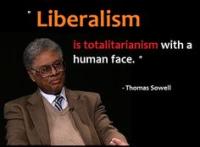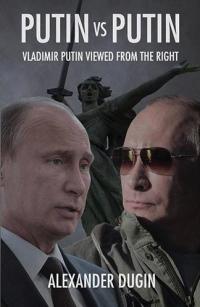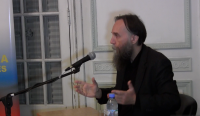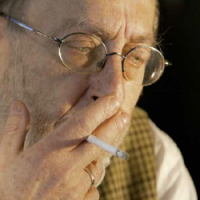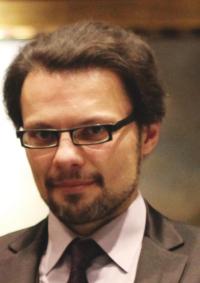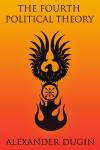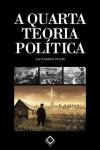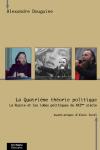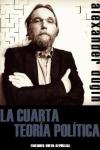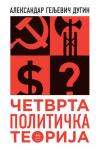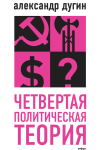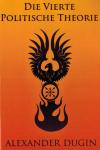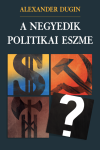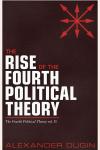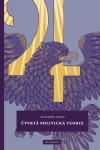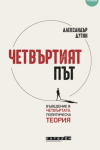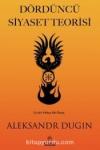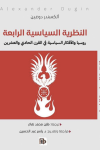Satan and the problem of Precedence
The words that became the title of this lecture appeared in my consciousness as something in themselves. Not so much the idea as the formula: Satan and the problem of antecedent. It seems to me that this should be anything but a simple statement of something long known, is understandable. Many things in the process of preparing this lecture, I myself have been not completely clear. I hope that in the process of narration (from my side, with your – in the process of listening, that is, complicity) but there is a lot I can find out. Some things, so to speak, hanging in the air, and perhaps they will be formulated in the here and now. New The University (unlike the old) suggests spontaneous cognition, spontaneous epistemological grasp certain things, not specified initially. The main thing may (and should!) born at the time of presentation, in the process of focusing on certain aspects of a given topic.

